How to Develop a Staffing Planning (With Staffing Plan Example)
Analytics in HR
JULY 31, 2023
In an ever-evolving business landscape, staffing planning is integral for ensuring that an organization has the right people, with the right skills, in the right roles, at the right time. Contents What is a staffing plan? This ensures successful hiring processes , talent management , and workforce optimizatio n.

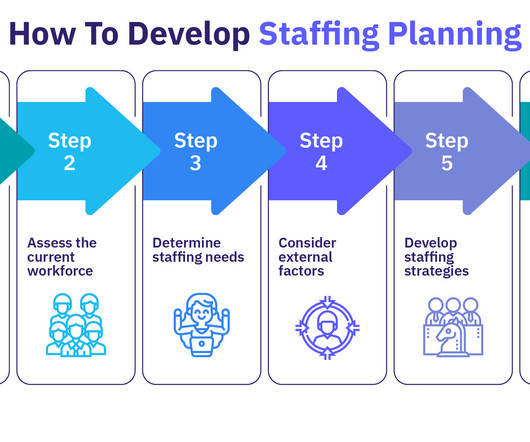
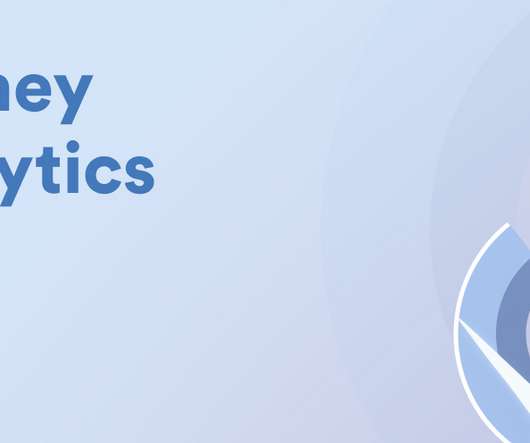


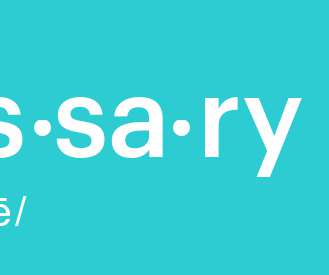







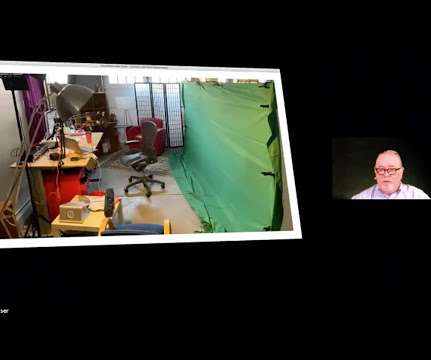

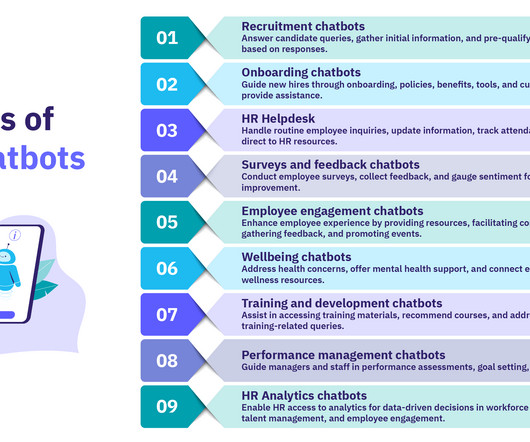













Let's personalize your content